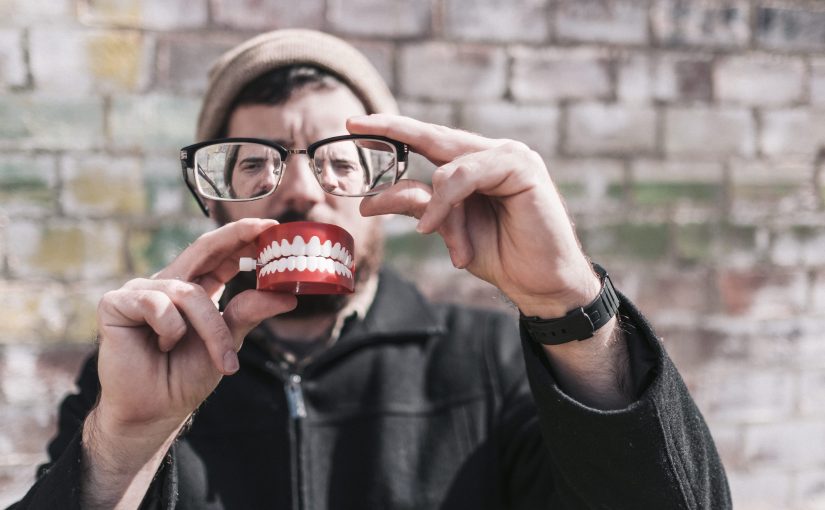I had already decided to create a blog post about the changing relationship between clinicians and patients, when I returned to my Cotswold B&B last night and read the following extract from Colin Campbell’s excellent blog:
The difficulty we have in our practice is that we continue to treat patients as though they were patients but many of them continue to act as though they were consumers and while this continues the dichotomy between results and the interpretation of value will remain and cause everybody grief.
You can read his full (and very interesting) post HERE.
My own comments arose from a conversation yesterday with Practice Manager Gay Cutts from Cirencester Dental Practice, during which we agreed that “in the good old days” patients used to often
do as they were told
whereas nowadays, many of them
expect to dance with the clinician
taking an active role in every aspect of the treatment planning process.
With that thought in my mind, you can imagine the synchronistic tingle as I read Colin’s post not many hours later.
I remember that, as a child, any trip to see a healthcare professional took on the characteristics of a religious pilgrimage, asking a great sage to cast their eye over our lowly problems and dispense wisdom and a prescription or a referral.
Back in the 60’s, my maternal grandmother (who, to coin a phrase, enjoyed ill-health) was forever telling us that her doctor had placed her “under the specialist”, a phrase that, as you can imagine, sparked my young and creative imagination.
In the early 90’s when my youngest daughter developed a problem with her sight, our GP packed us off to a “specialist” in South Manchester.
I took great exception to the fact that said expert refused to use our names during the consult (referring to my daughter as “patient”), was incapable of making eye contact (sic) with either of us and ponced around his rooms like a superior life-form.
I was so offended by this whole process that I withdrew and asked my GP to send me somewhere else.
With hindsight (sic again) that seems counter-productive but a happy solution was secured.
This, of course, was before the advent of consumerism in healthcare – what a changed landscape we have now from those early days of worship and compliance.
In his blog, Colin makes a good point, in that there are going to be more situations in which the patient-consumer takes the proverbial.
It starts with disrespect for your timings and your people (cancelling, arriving late and being rude to team members) and can then escalate into the dreaded patient complaint.
The reality is that patients HAVE become consumers and consumers HAVE become patients – we have to adapt.
The specialist healthcare professional is no longer a demigod.
Equally, the patient-customer is not king – that phrase belonged to the Victorian era.
What has happened is the necessity for both parties to observe standards of performance and behaviour that are respectful.
Tolerating a disrespectful patient will land you in trouble – no matter how much money is on the table.
Acting disrespectfully as a professional is nowadays a red rag to a bull.
“The dichotomy between results and the interpretation of value” will continue to cause grief in the absence of a good conversation.
Everybody is in the spotlight.
We need to dance.

